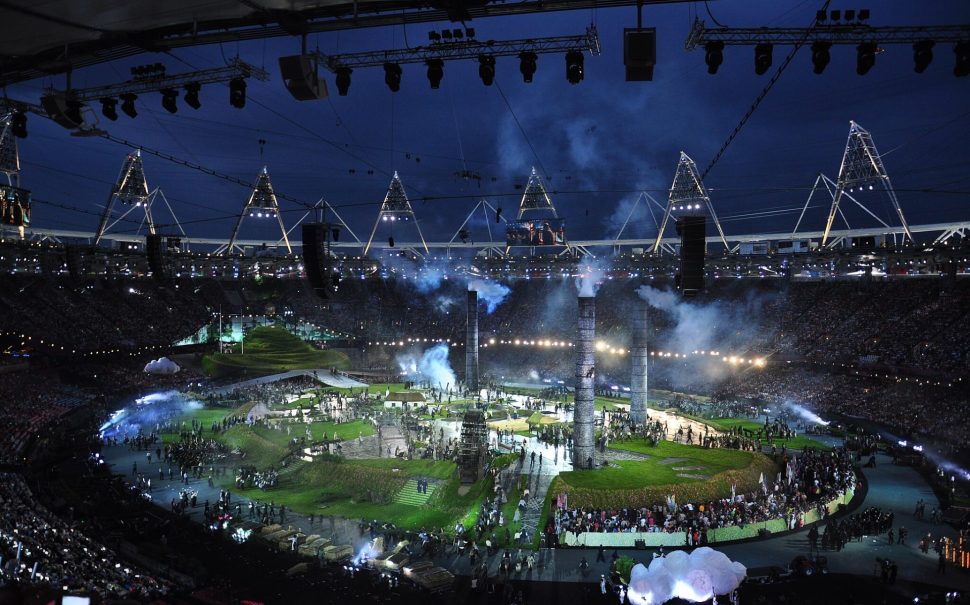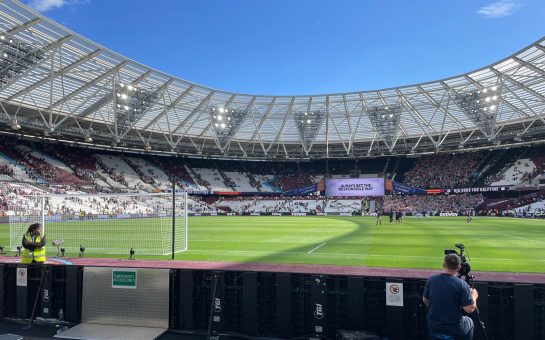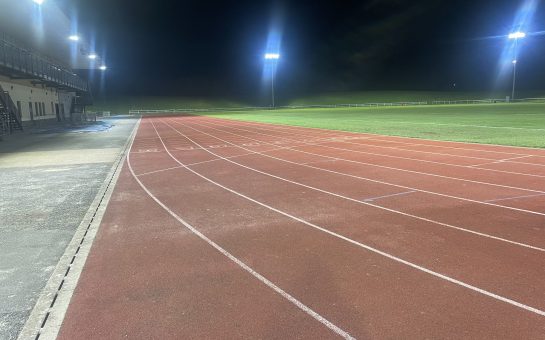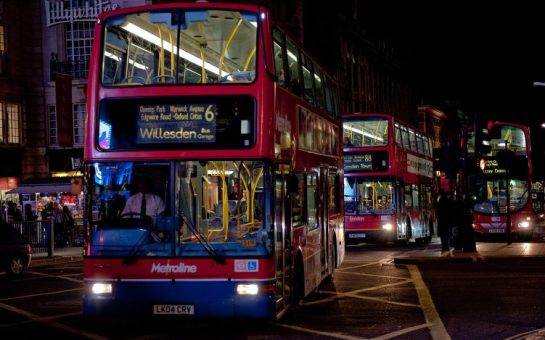As the 2034 World Cup edges towards Saudi Arabia’s grasp, the topic of sportswashing – and its immense dangers – has once again entered the public debate.
Sport has an established record of being an incredibly powerful tool for nations seeking to alter their wider public perception.
Through sporting events, politically ambitious states are able to broadcast a tailored message to each corner of the globe, often in pursuit of laundering a reputation tarnished by human rights abuses.
In the past few years, Saudi Arabia has led the charge with their sportswashing initiatives – from the formation of LIV Golf to their pillaging of European football’s top stars.
And now, they look set to host arguably the biggest spectacle of them all: the FIFA World Cup.
Many in the West have condemned the Saudis for their strategies of deception and distraction, fuelled by political ascendance and the consolidation of power.
However, the United Kingdom don’t exactly have a clean record when it comes to sportswashing itself– with London a proven hotspot for the exercise.
London: an unsung hotspot for sportswashing
The 2012 London Olympics is often described as a successful example of nation branding that boosted the UK’s soft power, rather than an instance of sportswashing.
There’s no doubt that this sentiment can be argued.
After all, the games would take place less than a year after the infamous 2011 riots – an event that left the UK’s public image at a damning low.
Jeremy Hunt – then culture secretary – publicly acknowledged that Britain would aim to use the Olympics to dispel the negative images that had been beamed around the globe.
And, as we saw, London 2012 proved an almighty success in achieving this.
With patriotism prevailing and public support on the rise, Britain utilised the Olympics to reshape popular narratives through the power of sport.
While some could claim this to be a harmless rebranding exercise, the Olympics were ultimately used to deflect criticism away from the government, relating to both the 2011 riots and the deeply unpopular programme of austerity.
At its core, the motives behind the 2012 London Olympics intrinsically reflect the attributes of sportswashing, and therefore should be recognised as such.
A decade later, London was once again at the centre of sportswashing – this time acting more as a complicit party.
The controversial LIV Golf league, powered by Saudi Arabia’s Public Investment Fund (PIF), has been one of the most studied cases of Saudi sportswashing.
Having plunged $255million into the endeavour to lure golf’s marquee names to their shores, it’s a prime example of Saudi Arabia using sport to deflect attention away from their egregious human rights record.
And instead of disassociating themselves with the project, London would play as host for the league’s debut tournament in June 2022, all but giving a glowing endorsement to Saudi Arabia’s sportswashing campaign as a result.
For the powers that be, the mammoth cash injection offered by the Saudis may have appeared too attractive to refuse.
However, in furthering sportswashing, they facilitate the continuation of a campaign defined by deception – which in the long run, as history has taught us, could have devastating consequences for innocent people.
Sportswashing’s dangers: a need to learn from the past?
The detriment of sportswashing is felt, at its peak, during the fallout of an event.
In successful cases, sportswashing brings the consolidation of power through the strengthening of a support base – and this, more often than not, opens the door for a regime to intensify their extreme policies.
This was notoriously seen after the 1936 Berlin Olympics – a showcase that set the standard on how to sportswash – with Adolf Hitler using the subsequent boost in support to heighten his military and discriminatory initiatives.
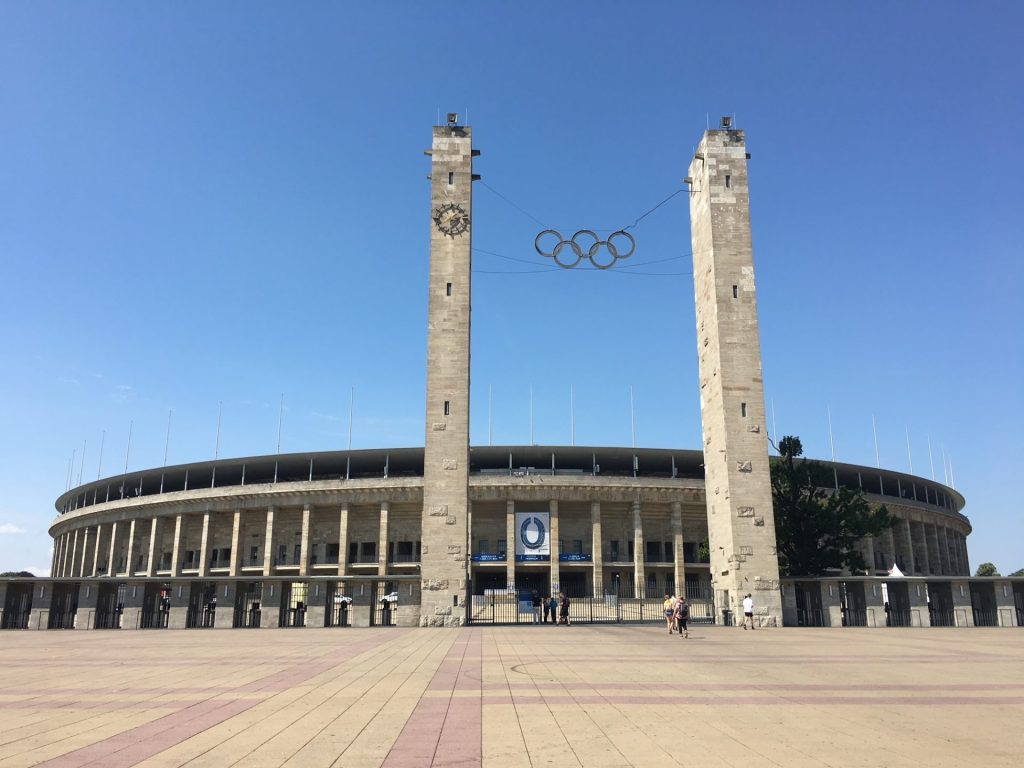
A more recent example occurred in 2014, where just months after the Sochi Winter Olympics brought sky-high approval ratings for Vladimir Putin, the Russian regime launched their invasion of Crimea.
And, with Saudi Arabia’s bid for the 2034 World Cup set to go uncontested, many are fearing that history is threatening to repeat itself, given their poor humanitarian record.
As such, there’s no surprise that Amnesty International have voiced their concerns on a potential Saudi World Cup – calling on FIFA to harden their attitudes towards human rights breaches in the selection process for the tournament’s host.
“FIFA must now make clear how it expects hosts to comply with its human rights policies,” said Steve Cockburn, Amnesty International’s head of economic and social justice.
“It must also be prepared to halt the bidding process if serious human rights risks are not credibly addressed.
“The best chance for FIFA to obtain binding guarantees to protect workers’ rights, ensure freedom of expression and prevent discrimination linked to the World Cup is during the host selection process – not after the hosts have been confirmed and tournament preparation has begun.
“Human rights commitments must be agreed with potential hosts before final decisions on holding the tournaments are made.”
Whether FIFA acts on Amnesty’s plea is anyone’s guess, but one thing they aren’t lacking in is public support for this cause.
In June, an opinion poll of more than 17,000 adults in 15 countries showed that the majority of fans wanted human rights standards to be a key consideration when selecting the host of a major sports event.
However, there’s only so much public activism can do for this particular issue.
It will ultimately be up to the key players of the athletic world to decide whether to take a resolute stand against sportswashing – something that would be sure to risk an incredibly profitable relationship with the likes of Saudi Arabia and Qatar.
Featured Image Credits: The Department for Culture, Media and Sport, CC BY 2.0 https://creativecommons.org/licenses/by/2.0, via Wikimedia Commons
